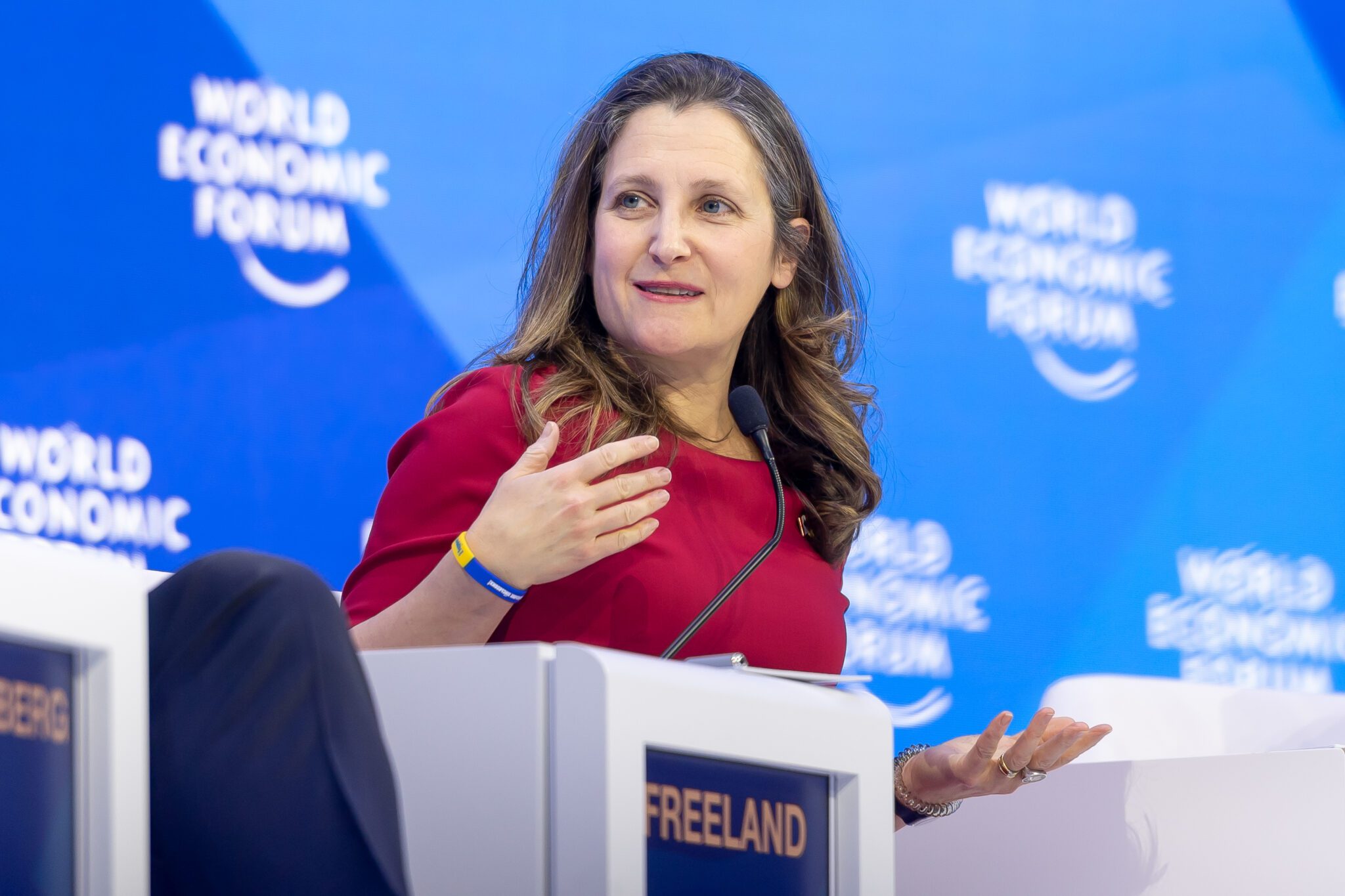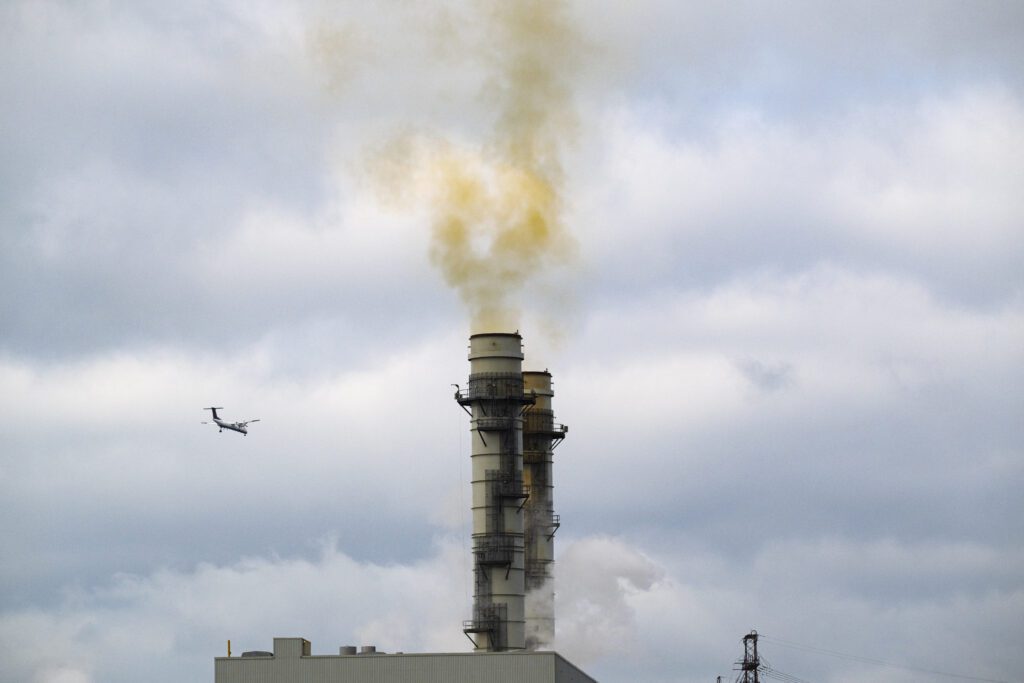Earlier this month at COP28 countries committed to transitioning off of fossil fuels and massively scaling up renewable energy instead.
So you’re excused if, like me, you’re baffled by Minister Freeland’s first move in the wake of COP28: a giant new fossil fuel subsidy, via the new Canada Growth Fund.
Not only does this not align with the global momentum to move beyond oil and gas, it’s yet another black mark for the Government of Canada’s promises to end fossil fuel subsidies.
What is the Canada Growth Fund?
The new fossil fuel subsidy comes from the Canada Growth Fund (CGF). The CGF, which was set up last year, is a $15 billion independent and arm’s length public fund. It’s meant to provide subsidies for clean energy projects in order to help Canada reach its greenhouse gas emissions reduction targets.
 Early on, oil and gas companies started eyeing the fund. Many of us were concerned that it would become a $15 billion oil and gas slush fund. In October, when the CGF announced its first investment – $90 million into geothermal energy – we were cautiously optimistic that the fund would be used for clean energy projects and not be a fossil fuel slush fund.
Early on, oil and gas companies started eyeing the fund. Many of us were concerned that it would become a $15 billion oil and gas slush fund. In October, when the CGF announced its first investment – $90 million into geothermal energy – we were cautiously optimistic that the fund would be used for clean energy projects and not be a fossil fuel slush fund.
It turns out, we were right to worry.
Prioritizing Dangerous Distractions Not Real Solutions
We know that fossil fuels are causing the climate crisis. And we know that to avoid more climate destruction, the world must stop digging up and burning fossil fuels. Thankfully, we have all the tools we need.
At COP28, countries promised to triple renewable energy and double energy efficiency in the next six years. Canada needs massive investments to deliver on those really critical climate promises.
Instead, the CGF is prioritizing carbon capture, a dangerous distraction being promoted by the oil and gas industry to prolong business as usual.
Want to learn more about carbon capture? Check out our new video!
The project being subsidized involved equipping a fossil gas power plant in Alberta with carbon capture technology – a massively expensive, risky, unnecessary and ineffective proposition. Especially since renewable energy is already cheaper (not to mention safer and cleaner) than fossil fuel energy, even without carbon capture. That’s why the CGF should only be funding clean energy projects, not ways to continue producing and using fossil fuels.
A new report out of Oxford University finds that heavy dependence on carbon capture to reach net zero would be “highly economically damaging”, costing at least $30 trillion more than a route based primarily on renewable energy, energy efficiency and electrification.
What exactly got announced?
The recipient of the subsidy is Entropy, a subsidiary of the Calgary-based oil and gas company Advantage Energy.
The subsidy has two parts. The first part is $200 million in financing for the carbon capture project.
The second part is a “carbon credit offtake agreement”, which is meant to give some certainty about the carbon price.
Let’s unpack that. The carbon price is set to keep increasing to $170 per tonne. That provides an incentive to companies to decrease the amount of carbon pollution they generate, so they can avoid paying the carbon price. Unfortunately, there’s a lot of political uncertainty about the future of carbon pricing. Companies are saying that uncertainty is preventing them from making investments into emissions reductions.
To complicate things a bit further, provinces have their own industrial carbon pricing systems (which are different to the carbon pricing that consumers like you or I interact with). Alberta’s system is really generous to polluters: rather than internalize the cost of pollution, it creates a source of revenue for large emitters. If companies decrease their emissions, they get carbon credits which they can sell.
Basically, the “carbon credit offtake agreement” means that the CGF is promising to buy carbon credits from Entropy for any emissions reductions it achieves over the next 15 years at a price of $86.50 per tonne. That puts the CGF on the hook for at least $260 million – and maybe up to $800 million.
That means the CGF is providing a minimum of $460 million – and maybe up to $1 billion – for one company’s carbon capture plans. (That puts the Government of Canada’s fossil fuel subsidies for 2023 to over $13 billion).
Taxpayer money should go to climate solutions – like wind and solar power and energy storage. Not to the companies and activities which are fueling the climate crisis.









